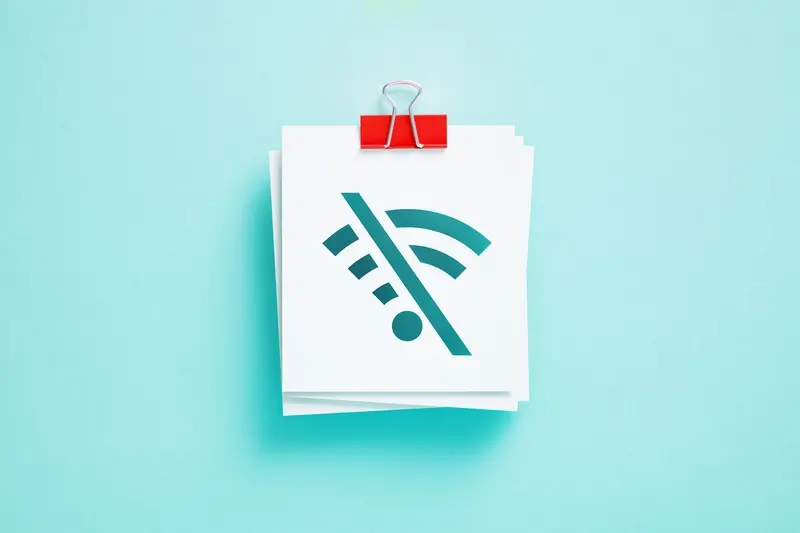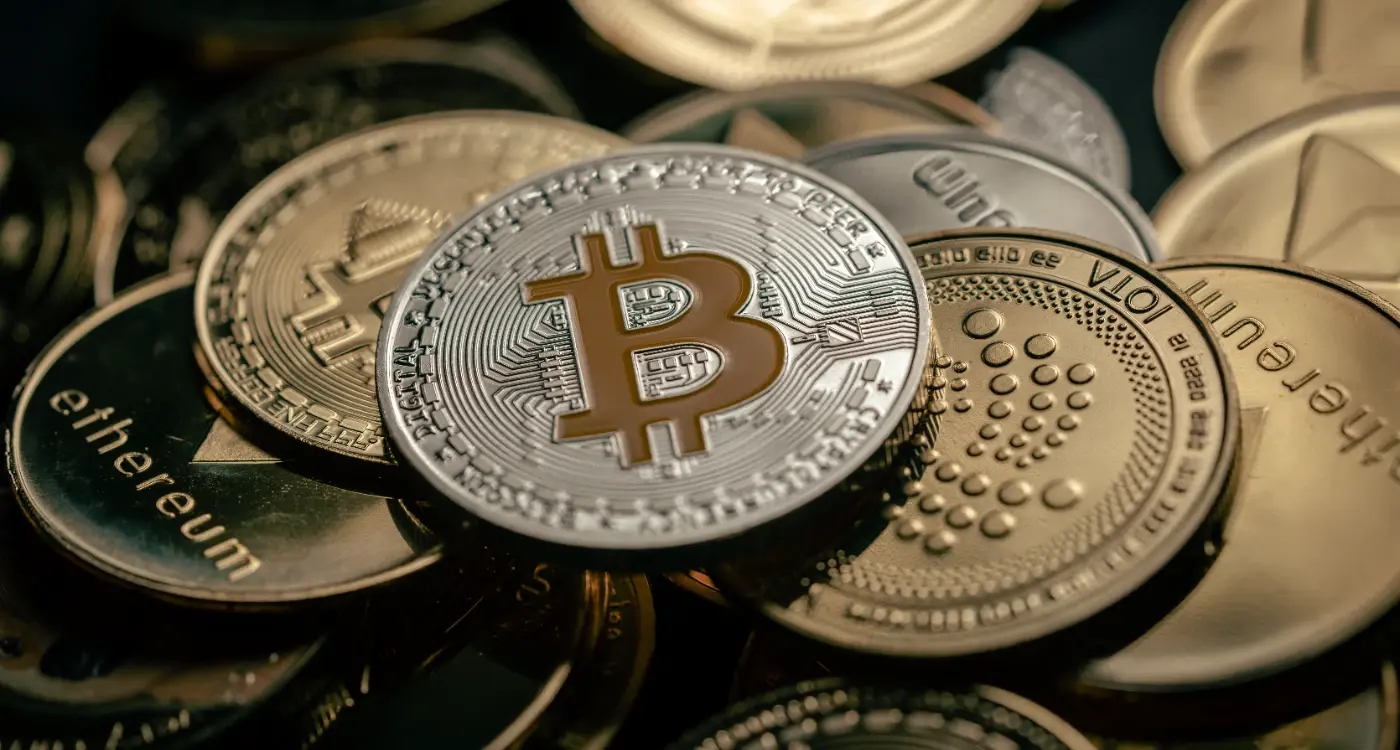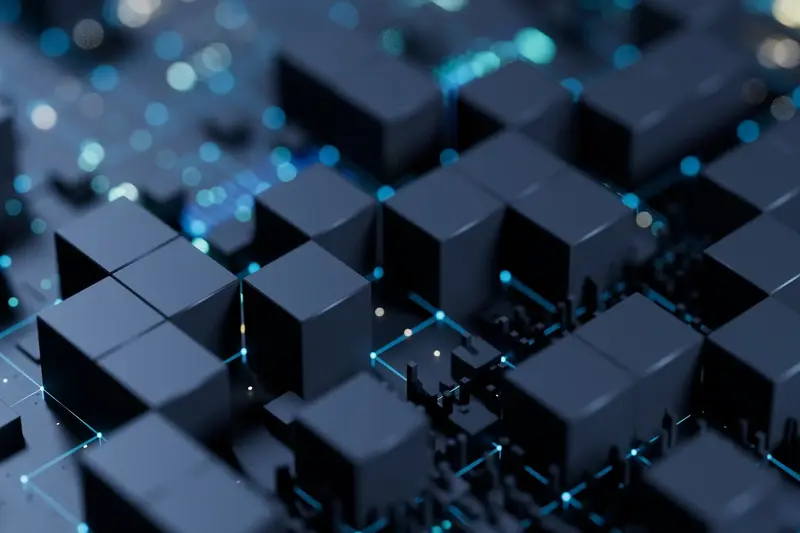Is Blockchain Technology Too Slow For Mobile Apps?
You've got this brilliant idea for a mobile app. Maybe it's a payment system, a supply chain tracker, or something that needs rock-solid security. Naturally, you start thinking about blockchain technology—it's secure, it's transparent, and it sounds impressive when you pitch it to investors. But then reality hits: will your users actually stick around if your app takes thirty seconds to process a simple transaction?
I've worked with plenty of clients who've fallen into this trap. They get excited about blockchain's benefits without considering the trade-offs. Your users expect apps to be fast—really fast. They want instant responses, smooth scrolling, and zero waiting around. When an app feels sluggish, people delete it faster than you can say "decentralised ledger".
The average mobile user will abandon an app if it takes more than three seconds to load
This creates a real problem for mobile app developers. Blockchain technology offers some amazing features, but speed isn't traditionally one of them. The question isn't whether blockchain is good or bad—it's whether the technology can deliver the performance your mobile app needs. Throughout this guide, we'll explore exactly what this means for your app project and what you can do about it.
What Is Blockchain Technology?
I've been working with mobile apps for years now, and blockchain is one of those technologies that gets thrown around a lot—but many people still don't quite understand what it actually is. Let me break it down in simple terms.
Blockchain is basically a digital ledger that keeps records of transactions. Think of it like a really clever notebook that multiple people can write in, but once something is written, it can't be erased or changed. Each page in this notebook is called a "block" and all the pages are connected in a chain—that's where the name comes from.
How Blockchain Works
The clever bit is that this notebook isn't kept in one place. Instead, copies exist on thousands of computers around the world. When someone wants to add a new entry, all these computers need to agree it's valid before it gets added. This makes it incredibly secure because you'd need to hack thousands of computers at once to change anything.
Here's what makes blockchain special:
- No single person or company controls it
- Records can't be changed once they're added
- Everything is transparent and can be verified
- It works without needing a bank or government
For mobile apps, blockchain can handle things like payments, storing user data securely, or creating digital certificates. But there's a catch—and that's where speed becomes an issue.
How Fast Do Mobile Apps Need to Be?
After years of building mobile apps for clients ranging from tech startups to major brands, I can tell you that speed isn't just important—it's everything. Users expect apps to load instantly and respond to their taps without delay. We're talking about expectations that have been shaped by apps like WhatsApp, Instagram, and TikTok that feel lightning-fast.
The numbers don't lie either. Research shows that 53% of users will abandon a mobile app if it takes longer than 3 seconds to load. That's not much wiggle room! Once your app is running, users expect individual screens and features to respond in under 1 second. Any longer and they start getting frustrated.
What Makes Apps Feel Fast?
Speed isn't just about raw processing power—it's about perception too. Smart developers use tricks like showing loading animations, pre-loading content, and caching data locally on the device. This makes apps feel responsive even when they're working hard behind the scenes.
The challenge comes when you want to add complex features like blockchain technology. These systems often need time to process transactions and verify data, which can clash with users' speed expectations. It's a real balancing act between functionality and performance.
Test your app's speed on older devices with slower internet connections—this is where performance issues become most obvious to users.
The Speed Problem with Blockchain
Let me be blunt about this—blockchain technology has a serious speed problem when it comes to mobile apps. After working with various blockchain projects over the years, I've seen firsthand how transaction speeds can make or break a mobile experience. The numbers don't lie: traditional blockchain networks like Bitcoin process around 7 transactions per second, whilst Ethereum manages about 15. Compare that to what users expect from mobile apps, and you've got a mismatch that's hard to ignore.
The core issue isn't that blockchain is inherently broken; it's that the technology prioritises security and decentralisation over speed. Every transaction needs to be verified by multiple nodes across the network, which takes time. When you're building a mobile app, those few seconds (or sometimes minutes) can feel like an eternity to users who are used to instant responses.
Common Speed Issues You'll Face
- Transaction confirmation times ranging from seconds to hours
- Network congestion during peak usage periods
- Higher fees for faster processing times
- Inconsistent performance across different blockchain networks
- User frustration with loading screens and waiting times
The reality is that most mobile users won't tolerate slow performance, regardless of how secure or decentralised your blockchain solution might be. This creates a real challenge for developers who want to integrate blockchain features into their mobile apps.
Why Blockchain Can Be Slow
After years of working with different technologies in mobile app development, I've learned that blockchain's speed issues come down to a few key factors that most people don't fully understand. The biggest culprit is something called consensus mechanisms—these are the processes that make sure everyone on the blockchain network agrees about what's happening.
Think about it this way: when you send money through a traditional app, one bank handles it quickly. But with blockchain, thousands of computers need to check and agree on your transaction before it goes through. That takes time. Bitcoin, for example, can only process about 7 transactions per second, whilst Ethereum manages around 15. Compare that to Visa's 24,000 transactions per second and you can see the problem.
Network Congestion Slows Everything Down
Just like roads get jammed when too many cars try to use them, blockchain networks slow down when lots of people try to use them at once. When demand is high, transaction fees go up and processing times get longer—sometimes taking hours instead of seconds.
The trilemma of blockchain is that you can only optimise for two out of three things: security, decentralisation, and scalability
The size of each block also matters. Blockchain networks have limits on how much data they can process in each block, which creates bottlenecks. This is why many blockchain-based mobile apps feel sluggish compared to traditional apps that rely on centralised servers.
Making Blockchain Faster for Mobile Apps
Right, so we've established that blockchain can be slow—but that doesn't mean we're stuck with it. There are actually several ways developers can speed things up for mobile apps, and I've seen some clever solutions over the years.
Layer 2 Solutions
The most popular approach is using something called Layer 2 solutions. Think of these as express lanes that sit on top of the main blockchain. Instead of every single transaction going through the slow main network, these solutions bundle lots of transactions together and process them much faster. Lightning Network for Bitcoin and Polygon for Ethereum are good examples—they can handle thousands of transactions per second rather than just a handful.
Choosing the Right Blockchain
Not all blockchains are created equal when it comes to speed. Some newer ones like Solana or Binance Smart Chain are built specifically to be faster than older networks like Bitcoin or Ethereum. If you're building a mobile app that needs quick transactions, picking the right blockchain from the start can save you a lot of headaches later.
You can also use hybrid approaches—keeping some data off the blockchain entirely and only putting the most important bits on-chain. This gives you the security benefits without sacrificing too much speed, especially if you're considering adding blockchain to your existing mobile app.
When Blockchain Speed Matters for Your App
Not every mobile app needs lightning-fast blockchain performance. Some apps can handle a few seconds of delay without users batting an eyelid. But others? They'll crash and burn if there's even a slight hiccup in speed.
Real-time gaming apps are probably the most obvious example where blockchain speed becomes make-or-break. When players are competing against each other, every millisecond counts. A delay of just two seconds can mean the difference between winning and losing—and frustrated users will delete your app faster than you can say "blockchain".
Apps That Need Fast Blockchain Performance
- Real-time multiplayer games
- Trading and financial apps
- Live auction platforms
- Instant messaging with crypto payments
- Live streaming apps with token rewards
Trading apps face similar challenges. When cryptocurrency prices are moving by the second, users need their transactions to process immediately. A slow blockchain could cost them serious money, and they won't stick around for that kind of experience.
Apps That Can Handle Slower Speeds
On the flip side, some apps work perfectly fine with slower blockchain speeds. Digital collectibles, supply chain tracking, and document verification apps can afford to wait a few minutes for transactions to complete. Users expect these processes to take time anyway.
Understanding these differences is crucial when planning your app development project, as the right approach can actually improve your company's customer service rather than hinder it.
Before choosing blockchain for your mobile app, map out every user interaction that involves the blockchain. If any of these need to happen in under 10 seconds, you'll need to invest in faster blockchain solutions or consider hybrid approaches.
Conclusion
So is blockchain technology too slow for mobile apps? Well, like most things in tech, the answer is "it depends". If you're building a simple cryptocurrency wallet or a basic token tracker, blockchain speed might not be your biggest concern—users expect these transactions to take a few minutes anyway. But if you're trying to create the next Instagram or TikTok with blockchain features, you're going to run into some serious performance issues.
The good news is that blockchain technology isn't standing still. Layer 2 solutions, faster consensus mechanisms, and hybrid architectures are making blockchain apps much more responsive than they were just a few years ago. I've worked on projects where we've managed to get blockchain features working smoothly alongside traditional app functionality, and the results can be quite impressive.
The key is being realistic about what blockchain can and can't do for your app right now. Don't force blockchain into your app just because it's trendy—use it when it actually solves a real problem for your users. And if you do decide to go down the blockchain route, make sure you've got a solid understanding of the performance trade-offs you'll be making. Your users' patience has limits, and those limits are measured in seconds, not minutes.
Share this
Subscribe To Our Learning Centre
You May Also Like
These Related Guides

Do Blockchain Apps Work Without Internet Connection?

Do I Need Cryptocurrency To Use Blockchain In My App?



